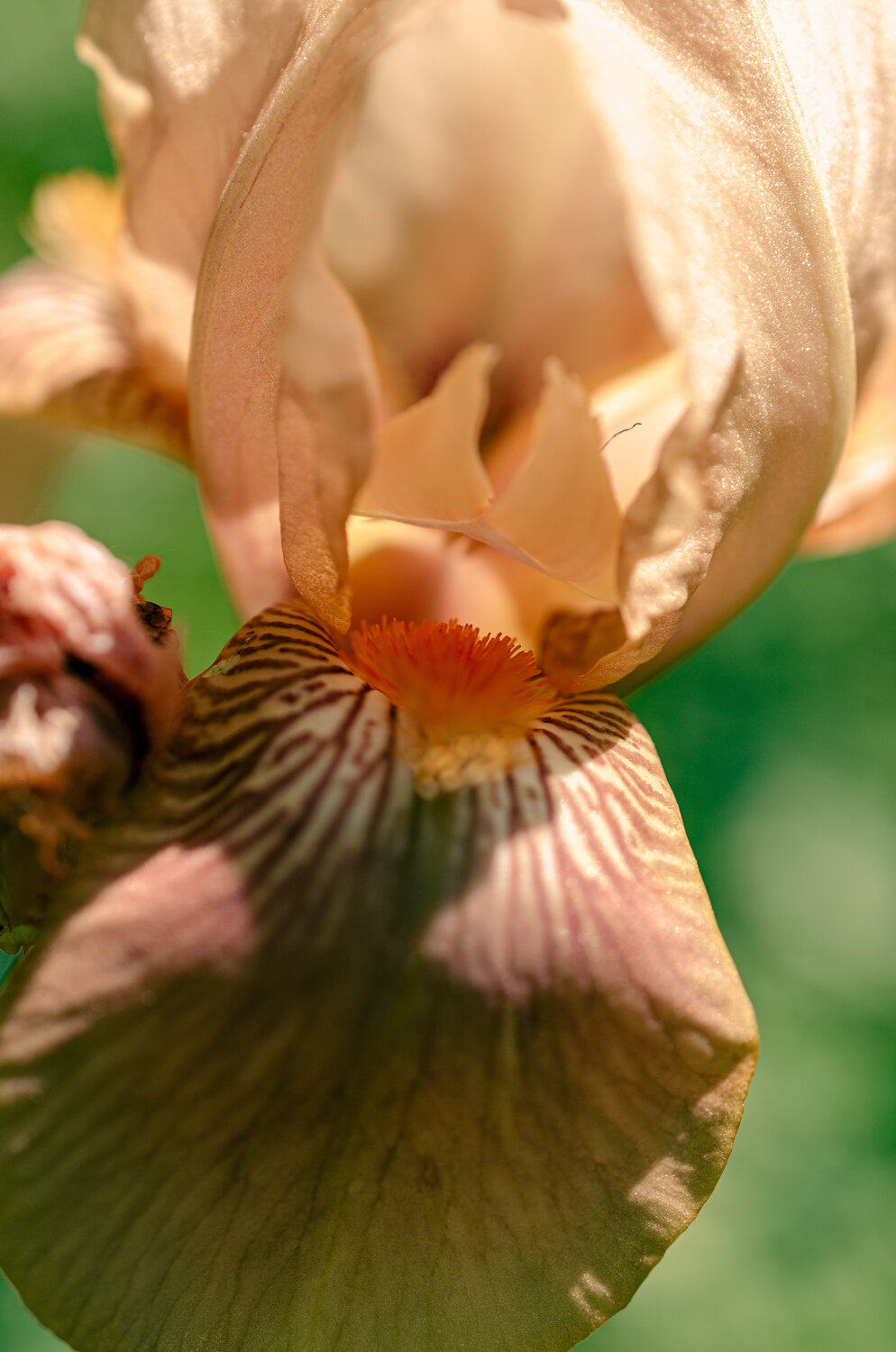I will forget these things, but I’d like to forget them more slowly, more surely.
—Joe Wenderoth, Letters to Wendy’s
There is a piece of slate now hanging by the front door here on Snob Hill. Upon the slate is a statement of love, written and decorated with hearts by Father, who carved a frame to hold the slate. The slate is a piece of a rescued blackboard from the Cape Girardeau High School where two grandmothers, on paternal, one maternal, attended — both must surely have sat at attention and viewed this very same blackboard — this black board.
The blackboard came to us this weekend, complete with the message of love, now somewhat degraded. Years ago, when Father gave this framed piece of slate to Mother, he decorated it with his message of love. They hung it over a fireplace in the kitchen and never erased the message, as it were a painting. So we have inherited both a physical object and something far less tangible and more precarious. We wanted this to hang by the front door, with a piece of chalk tethered by a thin cotton braid, so visitors, if so inspired, could leave us a message. But with the handmade message of love to a departed Mother, isn’t something we can bear to replace.
Sometimes what we remember and what we feel is painful, and it’s difficult to express, and so we have to find ways to put language on impossible feelings that we never anticipated we’d go through.
— Venita Blackburn
“According to Wikipedia, “Marshak, Stephen in his Essentials of Geology, slate is a fine-grained, foliated, homogeneous, metamorphic rock derived from an original shale-type sedimentary rock composed of clay or volcanic ash through low-grade, regional metamorphism. It is the finest-grained foliated metamorphic rock. The etymology of slate also tells us that it was traditionally a small, smooth piece of the rock, often framed in wood, used with chalk as a notepad or notice board, and especially for recording charges in pubs and inns. The phrases "clean slate" and "blank slate" come from this usage.
So, one of us writes: Yet our slate — as well as our own, more metaphorical slates — are neither clean nor blank. I hung the framed slate by the front door, but now I cannot bear to wipe it in preparation for another message. Just as chalk has touched the slate, I see — I know — that my parents touched. They marked each other. That touching created me and I still feel the contours of their marking upon me. I’ve lately become a bit obsessed with collecting examples of actual writing by my grand- and great-grandparents, and especially from my Mother.
Dad recently gave me thick folder of recipes that included a precious few written by her hand. I may never make the old casserole (she was not an inspired cook, much less a foody), but I could stare at her handwriting for a long time, trying to imagine her concentrating on transferring the directions onto a notecard. She wanted so desperately to be a good wife, mother, housekeeper and hostess.
There are many ways to divide, to demarcate one’s life. I’ve lately realized that I went for a long time wrestling with my daddy issues. Then transitioned to my mommy issues. I see now that really, all along, these have been merely me issues.
I’m obsessed with that part of life — these confined spaces where there’s no acceptance, there’s no big healing. You’re just right there in the crack of a catastrophe.
— Venita Blackburn
I grew up in the days of schoolroom chalkboards. Sometimes I was tasked by a teacher to wipe the board. There was a long tray beneath each large slate for holding chalk — white and pale green, blue and yellow. I don’t recall red, pale or otherwise. I remember the boxes of chalk, usually at the far ends of tray, with the word “dustless.” There’s really no such thing as dustless chalk because chalk is dust laid upon slate, just waiting to wiped away to make black space for another message.
So what to do? Should I allow Dad’s chalk dust to remain, still proclaiming the mark he and Mom made, but knowing the message will slowly fall from the slate. Do I shellac it in a sad attempt at preserving it, if just for a bit longer? I worry that would be like looking at the same sentiment carved into the trunk of tree, wondering who the hell the people behind the initials were. Or do I, let others do the dirty work for me, waiting for some visitors to drop by, wipe it clean and leaving the message: Sorry we missed you!
To which, I would be compelled to add: You have no idea.
Quoting Wenderoth again:

